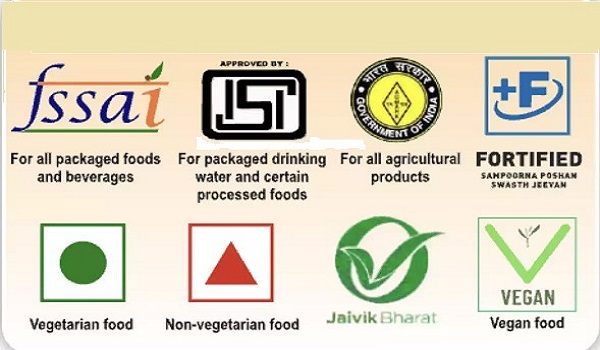The Indian Council of Medical Research (ICMR) has issued a cautionary advisory, shedding light on the potential misleading nature of food labels on packaged items. The council stresses the importance of consumers scrutinizing product information meticulously to make informed and healthy choices.
The report released by ICMR underscores that health claims showcased on packaged foods might not always accurately represent their nutritional content. It draws attention to instances where certain products make incomplete or incorrect claims, potentially leading consumers astray.
For instance, terms like ‘natural’ or ‘real fruit’ plastered on packaging can be deceptive, with some products containing additives or minimal fruit content despite their labeling. Similarly, labels touting ‘organic’ or ‘sugar-free’ properties can be misunderstood, resulting in misconceptions regarding their health benefits.
The National Institute of Nutrition (NIN), based in Hyderabad under the aegis of ICMR, elaborates on these concerns, emphasizing that the term ‘natural’ is often loosely used by manufacturers. They caution consumers to delve into label details, particularly ingredient lists, to verify claims accurately.
Moreover, the report highlights regulations set by the Food Safety and Standard Authority of India (FSSAI), indicating that products labelled as ‘real fruit’ can contain as little as 10% fruit pulp. Such products may also contain added sugars and other additives, despite their claims.
Similarly, labels boasting ‘Made with whole grain’ or ‘organic’ properties may not necessarily imply the desired health benefits, as these terms can be open to interpretation. Furthermore, the report cautions against assuming the health benefits of ‘sugar-free’ foods, as they may be laden with fats and hidden sugars, potentially posing risks for individuals monitoring their sugar intake, such as diabetics and weight watchers.
While FSSAI regulates nutrition and health claims on packaged foods, consumers are urged to verify these claims by closely examining label details, including ingredient lists and nutritional information.
The advisory also emphasizes the importance of understanding terms like ‘nutrition facts’ and ‘nutrition/nutrient claims,’ urging consumers to seek complete information rather than relying solely on surface-level claims.
As consumers navigate the aisles of supermarkets, armed with this advisory from ICMR, they are encouraged to exercise vigilance and discernment, ensuring that their food choices align with their health goals and dietary requirements.


